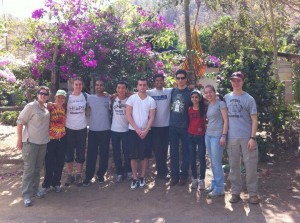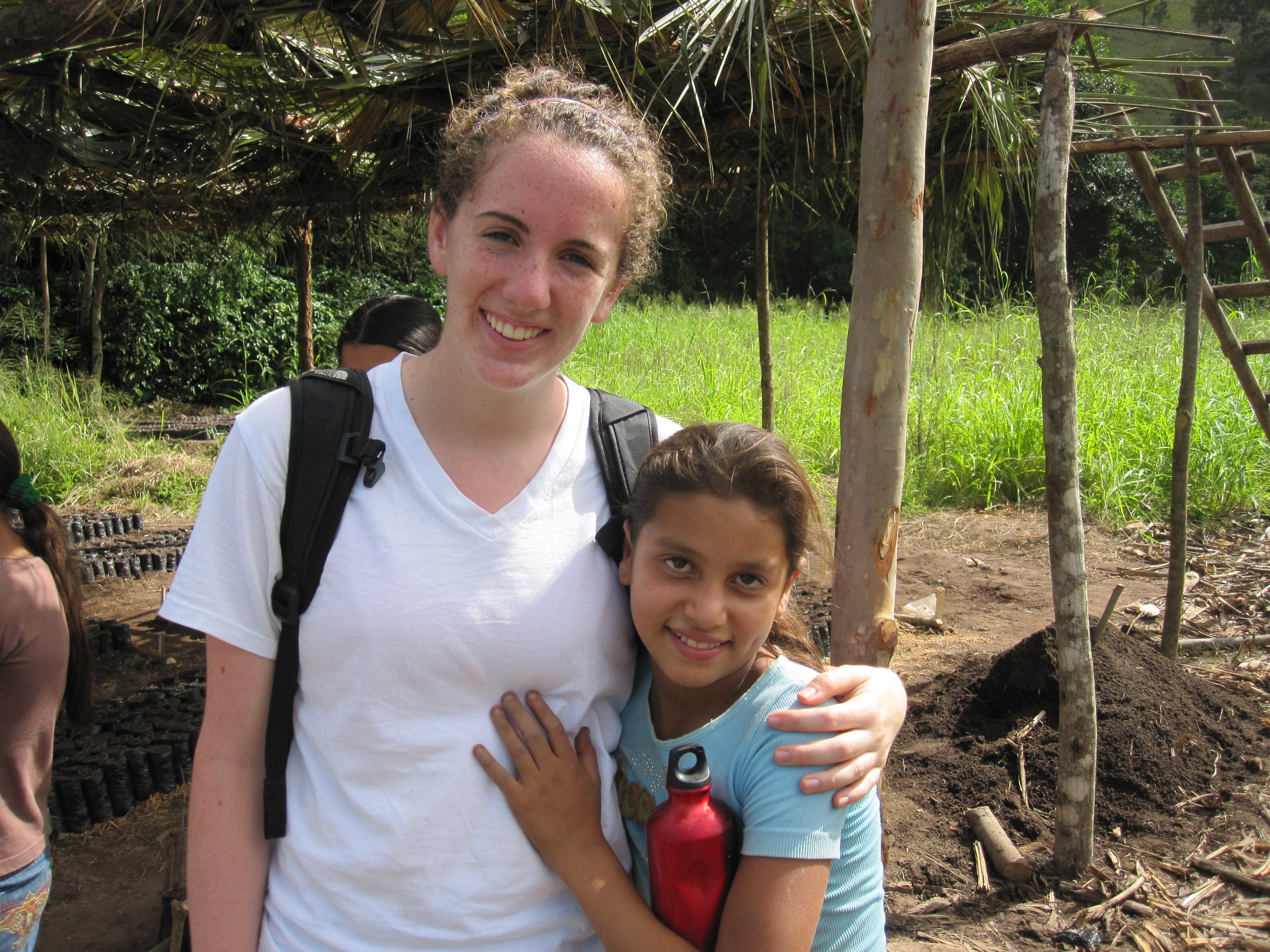In Novermber of 2007, the Washington Post published a front page article entitled “Fulfillment Elusive for Young Altruists In the Crowded Field of Public Interest” which sent a shockwave throughout the circuit of Washington DC Universities and forced many university administrators and faculty to start an open dialogue about realistic career prospects for students concentrating in “Human Rights”, “Peace Studies” and “International Development”. The piece addressed the growing phenomenon of young graduates armed with prestigious and expensive degrees choosing the road once less traveled—non profit work. However, much to their dismay the lifestyle of this route is an arduous one—where competition for work is Darwinian, salaries are meager, and long-term positions are scarce. So why then do so many young graduates, including much of the Global Brigade Staff, decide to pursue work that does not accompany Board Room meetings, corner offices and power suits?
For the most part, more students are looking for meaning in their careers—not just big salaries, company perks, or a guaranteed outline for where they will be in ten years. The sustainable development sector offers something for everyone because it encompasses many different disciplines: economics, business, medicine, health, education, engineering, just to name a few. Also, American youth have been taught since an early age that volunteerism and community service is venerable and personally rewarding. When students apply to college, there is usually a specific portion of the application that asks one to list his volunteer activities. Employers look highly upon “volunteer” portions of a resume, and children have been taught from an early age to share and treat others kindly. If one can combine this volunteering mentality with one’s own professional discipline and make a meaningful career out of it, why not?
Global Brigades certainly breaks down barriers because it offers two very important concepts that are relatively new in the international development sphere: 1.) it is based on the premise that you don’t have to be an expert in sustainable development to truly understand and work in the field and 2.) sustainable and meaningful projects CAN be accomplished within a one week in-country framework.
It might be safe to say that more graduates are pursuing non-profit and public sector work because of organizations like Global Brigades—whose goal is to enable and empower students to realize that development work is obtainable, meaningful, and in demand.




